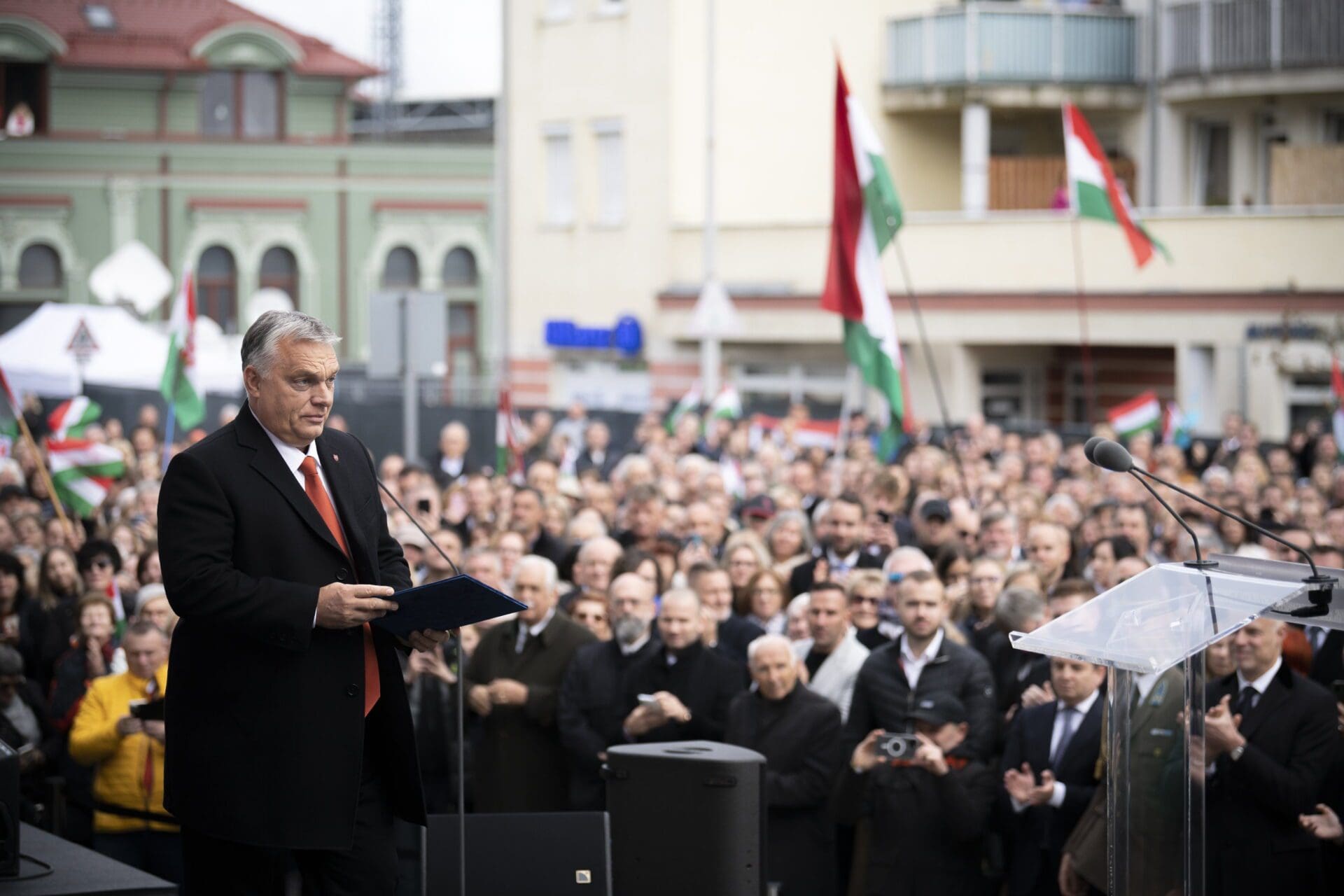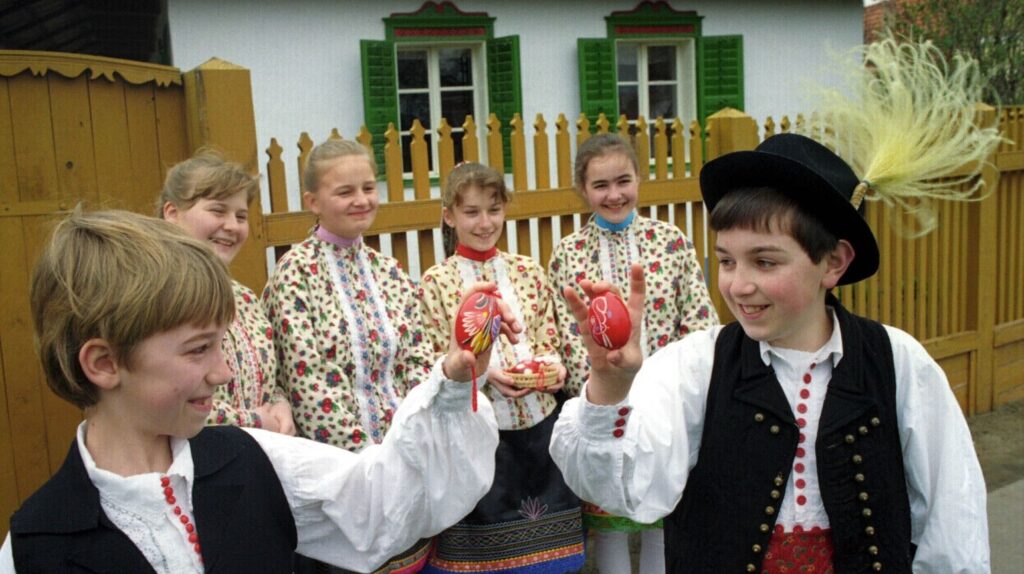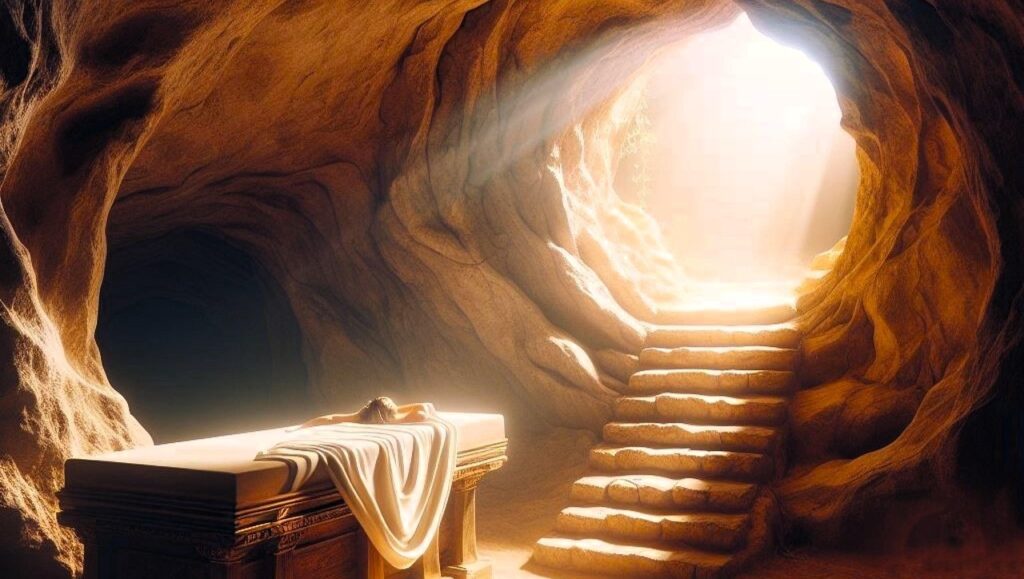The Revolution Belonged to the Whole Nation
Viktor Orbán gave a speech at Zalaegerszeg, in Western Hungary, on the Memorial Day of the Hungarian Revolution of 1956. He described 23 October as a glorious day and the town of Zalaegerszeg as a fitting location to commemorate. The Hungarian premier emphasized that the residents of Zala County endured great hardship under the Communist administration, and persevered during the revolt as long as they could. ‘The citizens of Zalaegerszeg were among the first to take to the streets in protest in October 1956 and were the last to lay down their arms in December 1956…When the time came, they exacted revenge at once’, by sending the very first opposition representative to parliament in 1989, the prime minister emphasised.
Viktor Orbán remarked that ‘The left believes that celebrating in Zalaegerszeg— “just Zalaegerszeg”, as they put it—is not appropriate.’ According to the prime minister, the political left looks down on the countryside, and is ’unaware that this nation is larger than just Budapest’. The left does not comprehend that 1956 saw a revolution that belonged not only one city, but to the entire country, and in fact, to an entire nation.
The Historical Role of the Church
Viktor Orbán held his remarks at the ceremonial opening of the Mindszentyneum, the József Mindszenty Visitor Centre. The PM commended the great characters of the Hungarian churches who played a prominent role in the nation’s history and who have become points of reference not only in religious matters. He noted that Cardinal József Mindszenty used to serve in Zalagerszeg, and later became one of the outstanding Hungarian church figures who championed the cause of the country.
The prime minister stressed that in addition to being at the vanguard of the spreading of the gospel, great Hungarian Catholic Church leaders also served ‘Hungary, the country of the Blessed Virgin Mary,’ with their leadership and their deeds, both in their life and in their death. The best Hungarian church leaders have always led the Hungarian people as prophets, ‘fulfilling the role of spiritual leaders of the country alongside its political leaders, or, when it became necessary—and it often did—instead of them.’ One of such church leaders was József Mindszenty, Viktor Orbán continued. ‘Even when members of the Arrow Cross Party attacked him and when the Communists detained, tortured, and imprisoned him, he continued to stand up for the freedom of our nation.’
The PM emphasized that Mindszenty was freed from the Communists’ prison by the revolutionaries because they realized they needed spiritual guidance even during the freedom fight. The PM reminded that József Mindszenty was the one who first ‘called a spade a spade’ and spoke of a freedom fight rather than an uprising. PM also quoted the Cardinal as having said in 1956: ‘We, Hungarians wish to live and act as the flagbearers of the familial, intimate peace of European peoples’, stressing that Hungarians wanted ‘to live in friendship with all peoples and all countries.’
‘Standing Together Against the Threats’
Hungary’s real tragedy was that the communists came back with the help of their Soviet Kalashnikovs and instead of bringing peace, they continued where they left off before the revolution: class struggle, the dictatorship of the proletariat, one-party state, political prisoners, and executions, Viktor Orbán said.
‘Glory to the victims! Respect to the resistance fighters!’, he added.
The PM remarked that the revolution’s leaders came from a variety of backgrounds, but they all shared a passion for the idea of a free Hungary. When in 1956 the Hungarian people decided they would no longer tolerate the oppression and would join the camp of neutral nations, all reasonable conditions were present for a non-violent transition. In the beginning, the plan seemed to work. Hundreds of thousands of Hungarians participated in the uprising, the Soviets were perplexed, and if the West had not failed them a second time after 1945, the Hungarians would have triumphed. The lesson of the revolution is clear, the PM said: ‘Only the Hungarians can show to the world the truth about themselves, and only the Hungarians can defend their truth from the dangers that threaten it.’
In 1956, we learned that the only course of action in such trying circumstances is to stand together, the PM underscored, noting that Hungarians should disregard those who, in his words, ‘fire at Hungary from the shadows or from the hunting towers in Brussels,’ as they will end up where their predecessors did. The prime minister emphasized that since Hungary has a patriotic government, the nation has always come out of crises stronger than before. The government has the strength and the experience to preserve economic stability and to make sure that everyone has a job, he declared. ‘We can protect the utility cost reduction scheme, and families will not be left alone. God above us all, Hungary first, go Hungary, go Hungarians!’, Viktor Orbán concluded his remarks.








